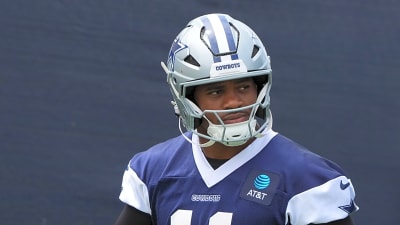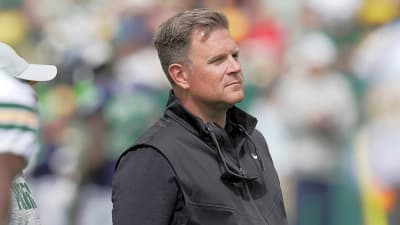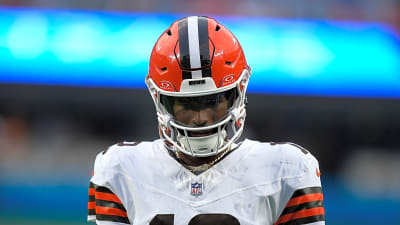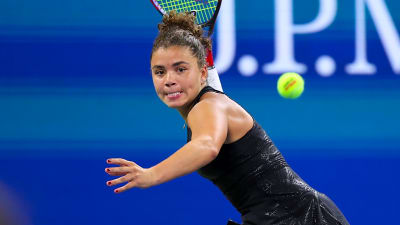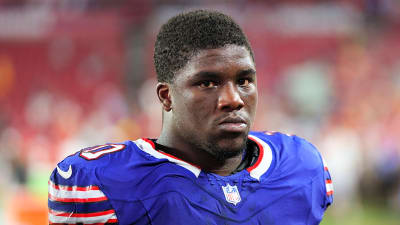On Thursday I came across some remarkable comments from Mike De Decker in an episode of the Double Top podcast, ironically part of a preview of the Flanders Darts Trophy.
“I don’t do interviews with Dartsnieuws, nothing at all,” said De Decker. “Purely because they twist everything out of context. Someone I absolutely refuse to do interviews with is Pieter Verbeek [editor of Dartsnieuws.com], who enjoys setting people against each other. He once forwarded a screenshot of one of my tweets to a tournament director. Why? I’ve no idea. But then you just think, what on earth are we doing?”
De Decker was given free rein to air his unfounded grievances.
Of course, De Decker is entitled to choose who he speaks to and who he doesn’t. That’s entirely up to him. But when he plays fast and loose with the facts – while conveniently forgetting his own status as a professional darts player – then we’re not going to shy away from putting the record straight, and from reminding him what the role of the media actually is.
In his interview, De Decker gave the impression that yours truly had “forwarded a screenshot to a tournament director”. That is not only complete nonsense, it is also a laughable accusation. Why on earth would we involve ourselves in that? It’s very simple: if something has news value, it appears on Dartsnieuws. Full stop. Anyone who wants to read it can do so there. Nothing more, nothing less.
It may be worth reminding De Decker of the role of the media. Any professional active in the public sphere should understand that comments made in that same public sphere will be picked up by the press. That’s not a “trap” or “playing games” – it’s the very essence of journalism in every sport.
Take a simple comparison: if Thibaut Courtois were to make a public dig at Kevin De Bruyne, it would be in every newspaper the next day. Not because journalists are chasing sensation, but because a well-known player for the Red Devils has made news. Darts is no different from football, cycling or tennis in that respect. If a PDC player makes a strong statement, it carries news value. Our job is then to report it accurately, provide context, and explain its significance.
That’s why it’s far too easy to suggest that we “set players against each other”. It’s not the journalist who pits players against one another – it’s the player himself, through his own words. It’s wrong to hold websites and journalists responsible for statements a player has made in public. Don’t shoot the messenger, as they say in England. If you criticise a colleague, an organisation or a rule in public, it’s news. We report that news and give it context. That applies to every player – including Mike De Decker.
The word “clickbait” also cropped up in that interview. Let’s be clear: strong headlines are not a crime, as long as they reflect the content accurately. And that’s what we do. If someone feels a headline doesn’t reflect the piece properly, they’re welcome to email us. We’ll explain our reasoning and, if necessary, look at a correction. But to dismiss valid reporting with “clickbait” as a throwaway insult? That’s lazy, and it’s not to be taken seriously.
On the sporting front, De Decker has made tremendous strides in the past year – and deserves full credit for that.
More must-reads:
- Arch Manning's No. 1 pick odds plummet after loss to Ohio State
- Trail Blazers star sends France to upset loss at EuroBasket
- The 'NFL QB season rushing leaders' quiz
Customize Your Newsletter
 +
+
Get the latest news and rumors, customized to your favorite sports and teams. Emailed daily. Always free!


